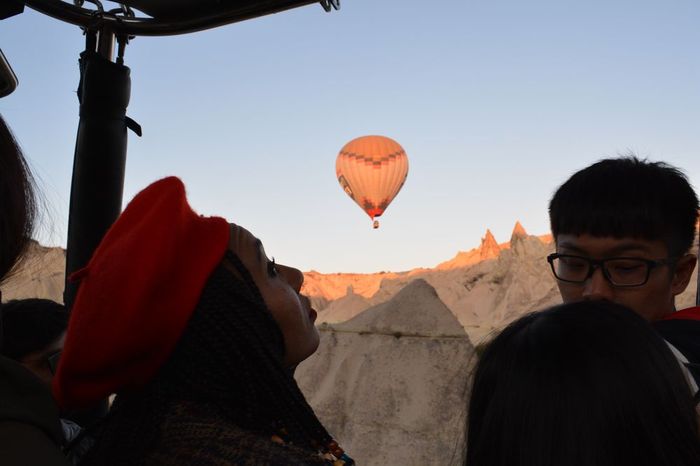Accordingly he set to work, invested the town on all sides, and after breaking down one side of the walls, he entered with his entire army. But the two citadels of this town were still held by the kinsmen of a man called Tatus who had left the town shortly before to try and win over the Comans to come to the help of the Scythians. On the point of leaving and when bidding farewell to his friends this Tatus said, ” I know for certain that the Emperor will come and besiege this town.
Therefore directly you see him advancing into this plain, make haste to be the first to seize the hill which overlooks it, for it is the most advantageous position, and erect your palisades there, so that the Emperor may not be able to carry on the siege at his leisure, but be obliged to turn his attention to what is happening in his rear through fear of the injury you may do. And throughout the day and night keep on sending relays of troops against him.” But the Emperor, hitting upon the right plan, abandoned the siege of the citadels (for it was an arduous and lengthy task), left the town and entrenched himself near a stream, not far from the Ister, and deliberated whether it would be wise to attack the Scythians.
Patzinaks and advised taking an army and capturing the large town Pristhlava
Paheologus and Gregorius Mavrocatacalon were for deferring war with the Patzinaks and advised taking an army and capturing the large town Pristhlava. “For,” said they, ” if the Scythians see us marching in good order fully accoutred, they will certainly not dare to attack us. And should perchance a few horsemen without chariots risk an engagement, you may be sure they will be worsted, and then in future we shall have the large town of Pristhlava as our well-fortified stronghold.”This important town, which is situated on the Ister, did not always bear this barbaric name, but a Greek one, for it both was, and was called, a great city, namely, Megalopolis.
But from the time that Mocrus, King of the Bulgarians, and his descendants, and finally Samuel, the last of the Bulgarian dynasty (as Zedekiah of the Jewish) overran the West, the town acquired a double name, retaining ‘great’ from the Greek language and adding a Slavic word, and was universally spoken of as “Great Pristhlava.” ” If we have this town as a place of refuge,” said Mavrocatacalon’s adherents, ” and harass the Scythians by daily skirmishes, we shall be punishing them the whole time and not allowing them to come out of their own camp at all either to forage or to fetch any other necessaries.” During the bandying of arguments the two young sons of Diogenes, Nicephorus and Leo, who were inexperienced in the difficulties of warfare, slipped off their horses and took off their bridles, gave them a slap and drove them into a field of millet with the remark, ” Do not be afraid, Emperor, we will cut them to pieces with our swords.”
Read More about Eudocia 1067 part 10








